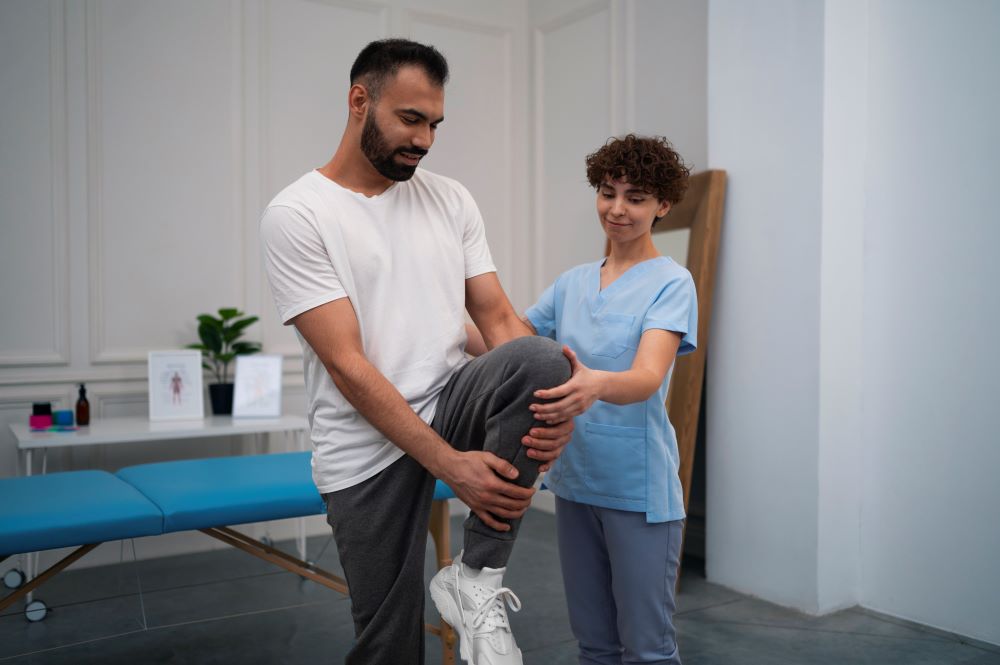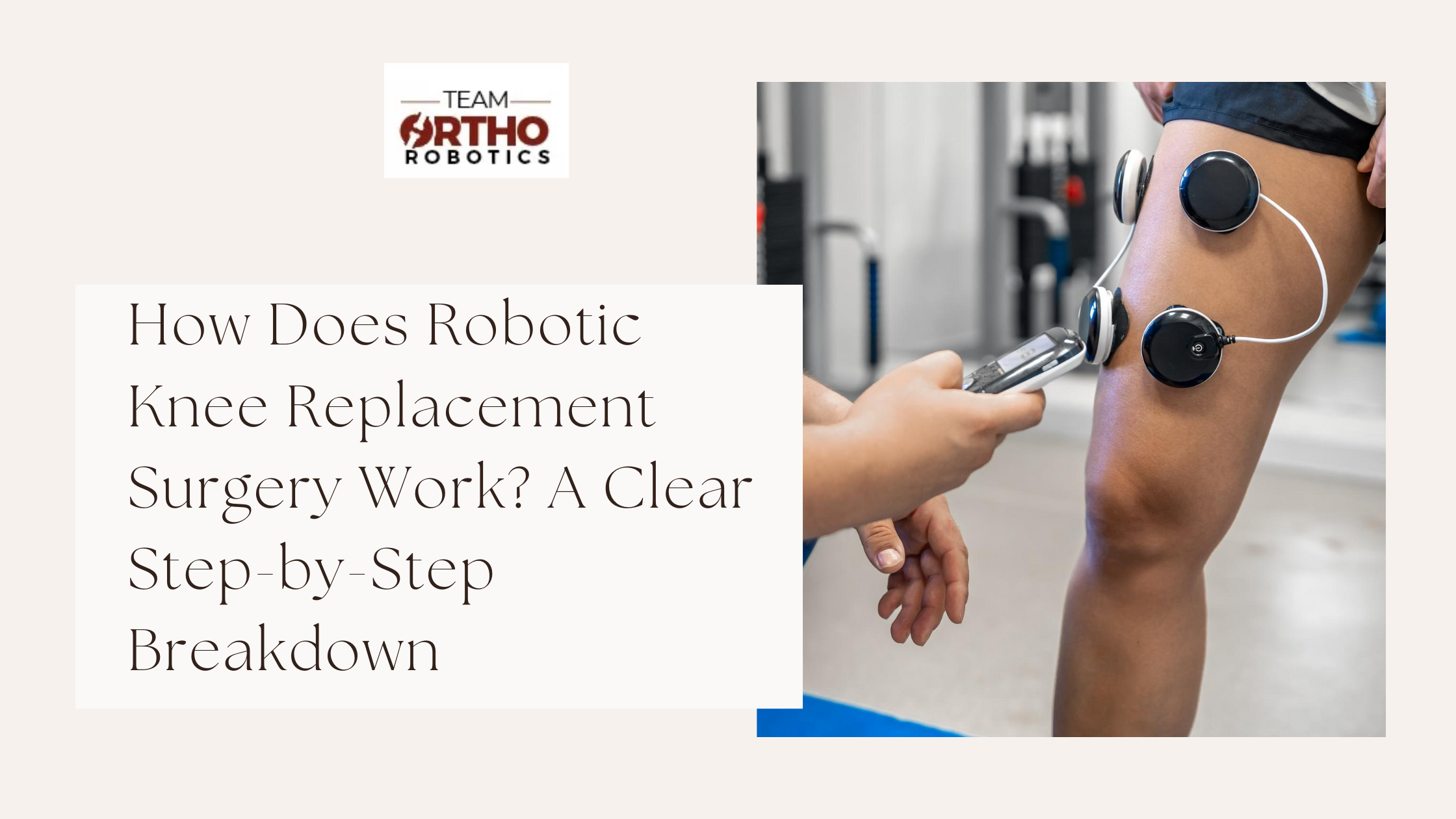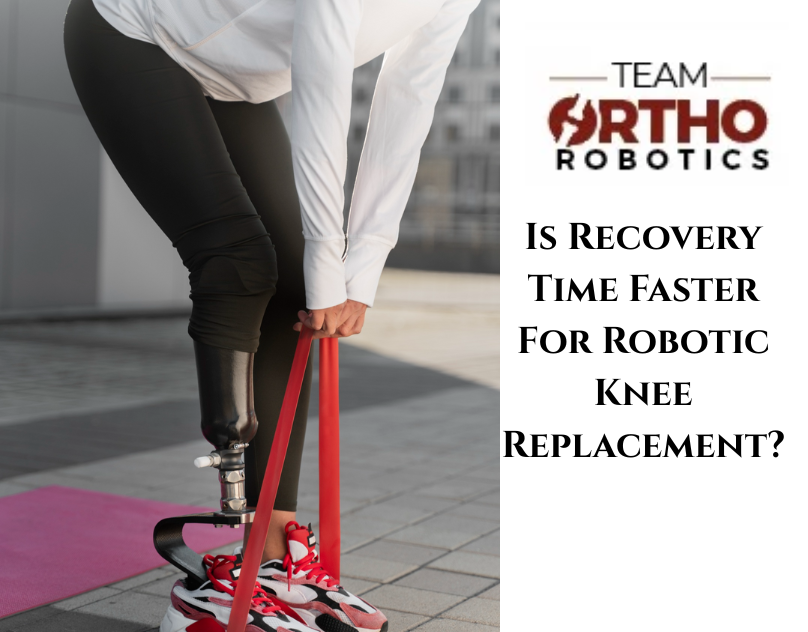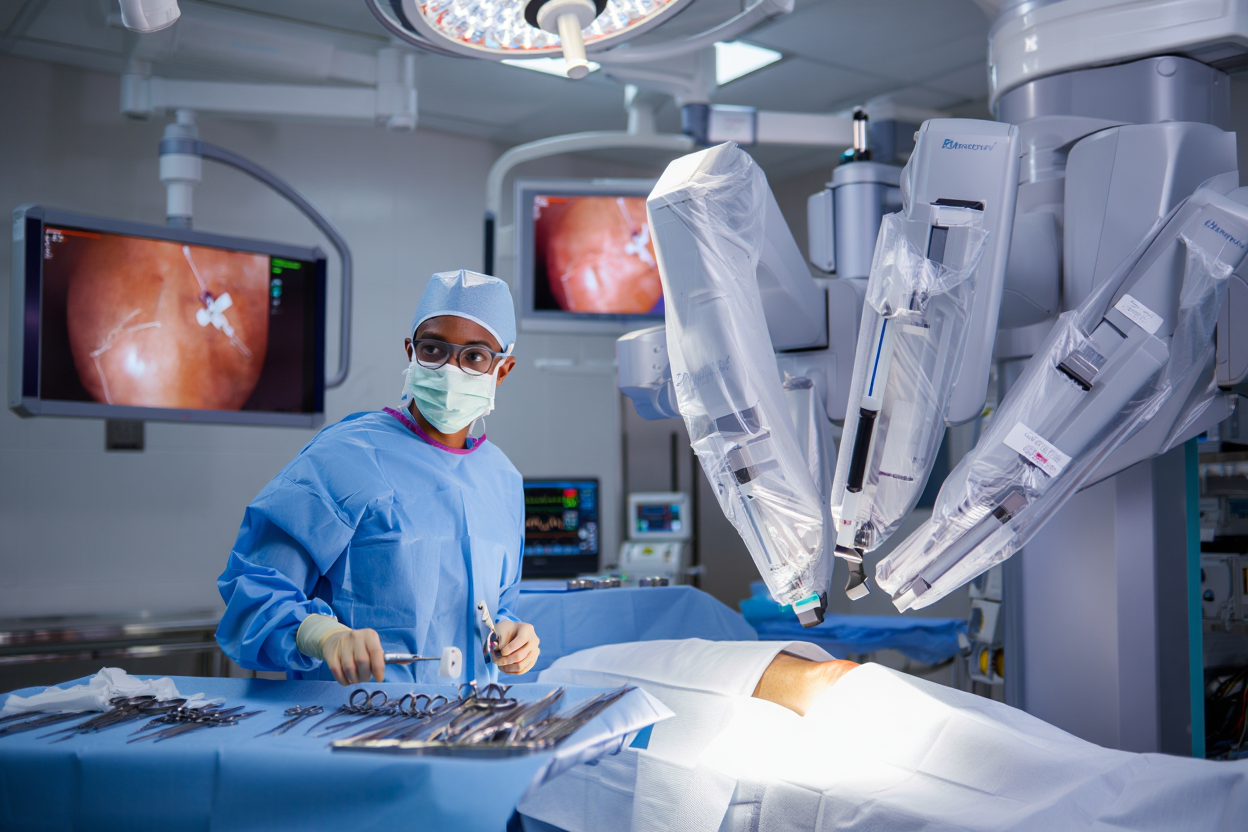When people think about rheumatoid arthritis (RA), they often imagine an older person struggling with joint pain and stiffness. However, the truth is more complex. Rheumatoid arthritis is not simply an age-related condition like osteoarthritis. It is an autoimmune disease that can appear at any age—including in young adults in their 20s.
According to the Arthritis Foundation, nearly 1.3 million Americans live with rheumatoid arthritis, and about 8 out of 10 people diagnosed are between the ages of 30 and 60. Yet, many cases also begin much earlier, sometimes in the late teens or twenties. In India, the prevalence of RA is estimated at 0.5%–0.75% of the population, which translates to several million individuals. A significant number of these cases are diagnosed in people under 30, a fact that surprises many.
So, can you get rheumatoid arthritis in your 20s? The answer is yes—and early diagnosis is critical for preventing long-term damage.
Understanding Rheumatoid Arthritis
Rheumatoid arthritis is an autoimmune disorder in which the immune system mistakenly attacks the body’s own joints, causing inflammation, pain, and eventually erosion of cartilage and bone. Unlike osteoarthritis—often included among common orthopedic problems that result from wear and tear—RA is systemic and can affect other organs such as the lungs, eyes, and heart.
Key symptoms include:
- Persistent joint pain and stiffness (often worse in the morning).
- Swelling, warmth, and redness around affected joints.
- Fatigue and low-grade fever.
- Symmetrical pain (for example, both wrists or both knees).
These symptoms may appear gradually or come on suddenly, which is why RA is often misdiagnosed as simple fatigue or overexertion in young adults.
Why Are People in Their 20s at Risk?
- Genetics – Family history plays a strong role. If you have a parent or sibling with RA, your risk increases significantly.
- Hormonal Factors – Women are nearly three times more likely than men to develop RA, and hormonal changes in early adulthood may be a trigger.
- Environmental Factors – Exposure to smoking, pollution, or certain infections in early adulthood can increase the likelihood of RA onset.
- Lifestyle Stressors – In the 20s, people often face irregular sleep, high stress, and unhealthy diets, all of which can fuel autoimmune activity. Practical steps like strengthening your body to prevent orthopedic injuries can help reduce risks.”
A 2021 study published in the Journal of Rheumatology highlighted that nearly 12–15% of new RA cases worldwide occur before the age of 30, showing that the condition is not confined to middle or old age.
Impact of RA in Young Adults
Being diagnosed with RA in your 20s can feel overwhelming. This is often a time when individuals are building careers, pursuing higher education, or planning families. The chronic pain, fatigue, and physical limitations can disrupt work, relationships, and daily life.
Studies have shown that up to 40% of RA patients under 30 experience work disability within the first five years of diagnosis. Incorporating gentle knee arthritis exercises can help young adults maintain mobility and manage symptoms effectively. This highlights the importance of early intervention and effective treatment strategies.
Treatment Options for Young Adults with RA
1. Medications
- DMARDs (Disease-Modifying Antirheumatic Drugs): Such as methotrexate, which slow disease progression.
- Biologics: Advanced therapies that target specific immune system pathways.
- NSAIDs and Steroids: To manage pain and inflammation temporarily.
2. Lifestyle Adjustments
- Regular low-impact exercises for arthritis relief (like swimming or yoga).
- Anti-inflammatory diets rich in omega-3 fatty acids.
- Stress management practices such as meditation.
3. Surgical Interventions
While medications are the first line of treatment, some young adults with severe joint damage may eventually require surgical solutions. In recent years, robotic knee replacement surgery in Mumbai has gained attention for offering precision and faster recovery compared to conventional methods.
For instance, when rheumatoid arthritis severely damages the knee joint at a young age, advanced options like robotic knee replacement in Mumbai provide a chance to restore mobility and live a more active life. The technology uses computer-assisted systems to ensure perfect alignment and balance, which is crucial for younger patients who expect long-term results.
Living with RA in Your 20s: Hope and Possibilities
While a diagnosis of RA at a young age can be frightening, modern medicine offers far better outcomes than in the past. With timely intervention, many patients are able to lead full, active lives. The key lies in early diagnosis, consistent treatment, and lifestyle changes that support joint health.
Awareness is vital. Too often, young people dismiss early symptoms as “just tiredness” or “sports injuries.” Recognizing the early signs of joint-related conditions and consulting a rheumatologist early can make all the difference
FAQs
Q1: Is rheumatoid arthritis common in people in their 20s?
RA is less common in the 20s compared to later life, but it does occur. Studies suggest that around 10–15% of RA patients develop the disease before age 30.
Q2: What are the first signs of RA in young adults?
Early signs include joint stiffness (especially in the morning), symmetrical pain, swelling, and persistent fatigue.
Q3: Can rheumatoid arthritis be cured?
There is no permanent cure, but with modern treatments like DMARDs and biologics, the disease can be managed effectively, often leading to long periods of remission.
Q4: When is surgery considered for RA patients in their 20s?
Surgery, including advanced robotic knee replacement surgery, is only considered if joint damage is severe and unresponsive to medication.
Q5: How can someone in their 20s manage daily life with RA?
By combining medical treatment with lifestyle changes—regular exercise, a balanced diet, stress reduction, and proper sleep—most patients can continue working, studying, and pursuing personal goals.










